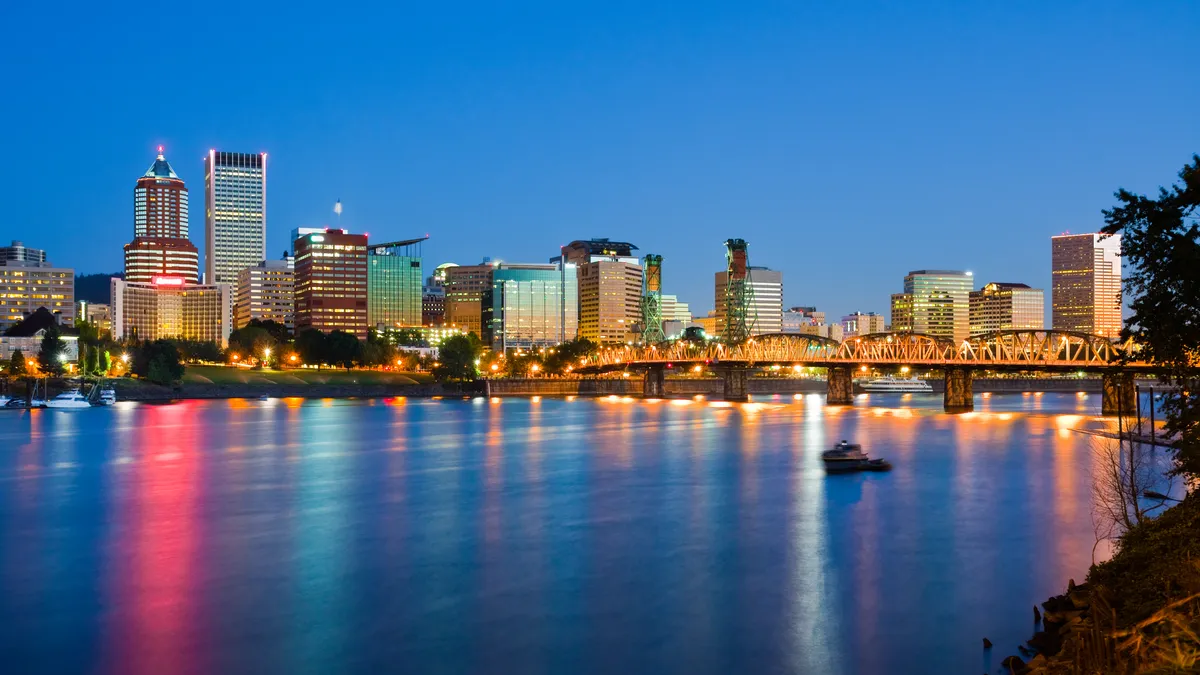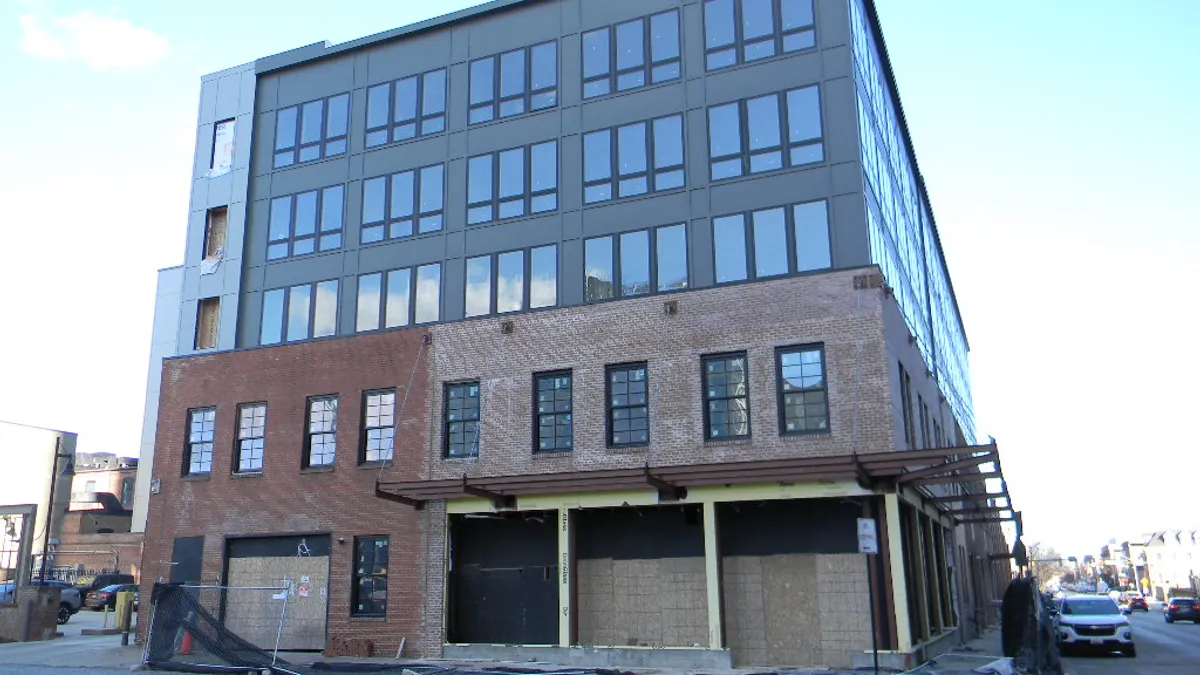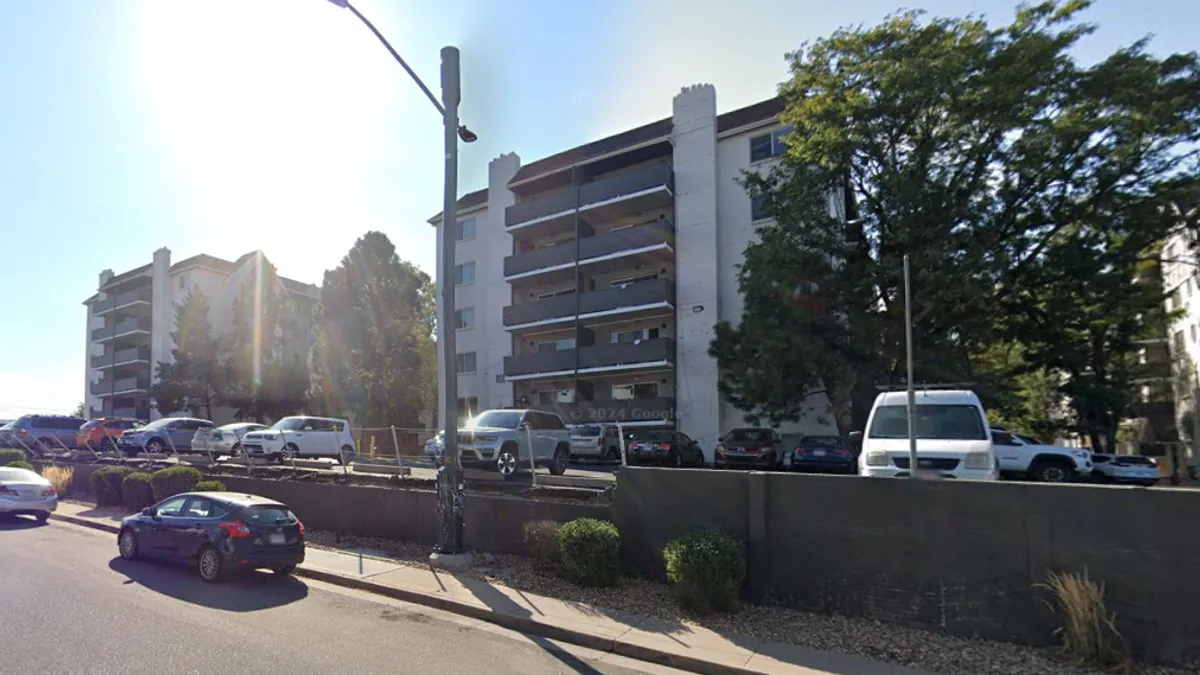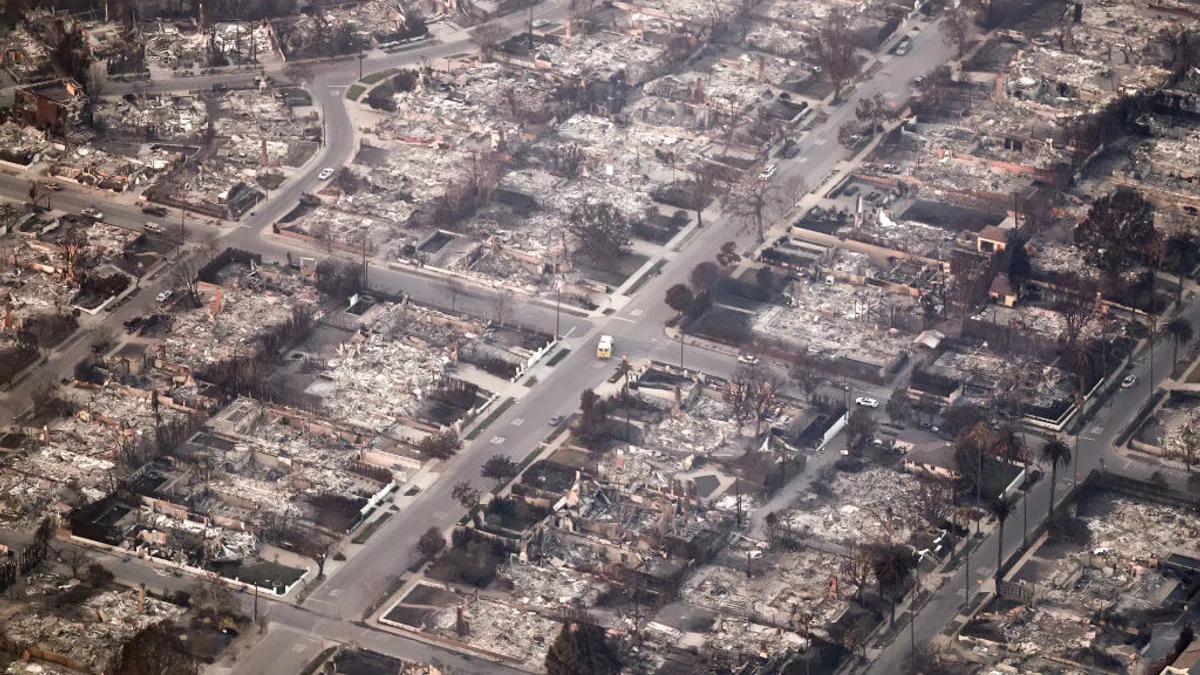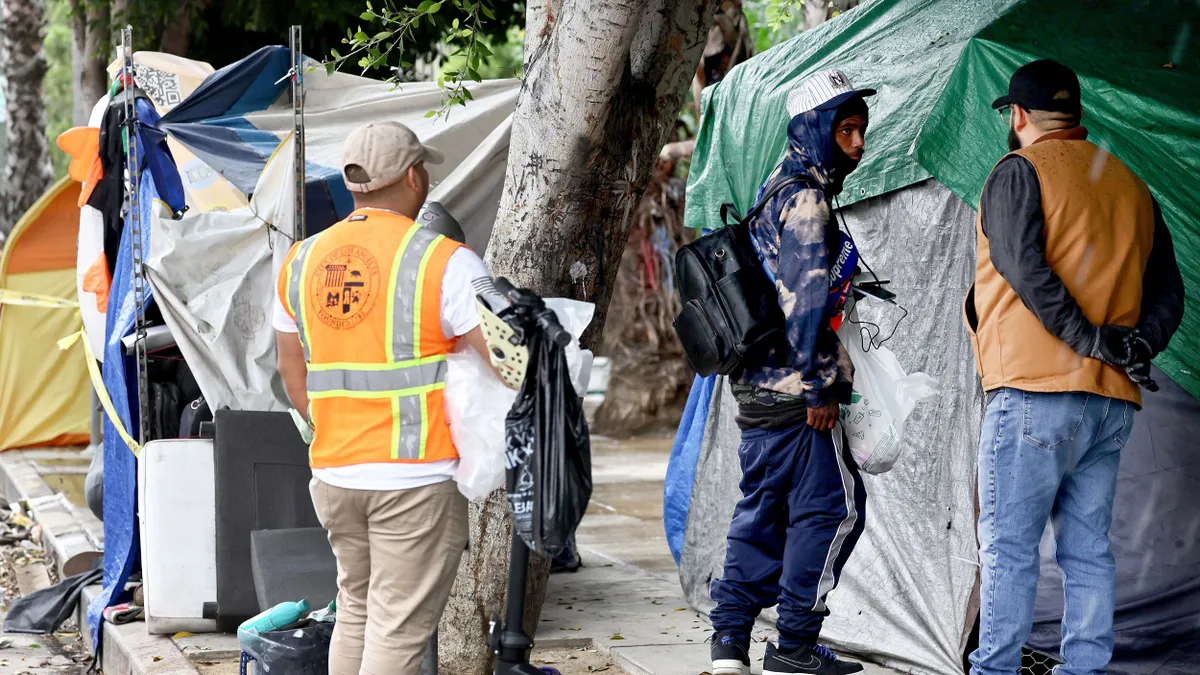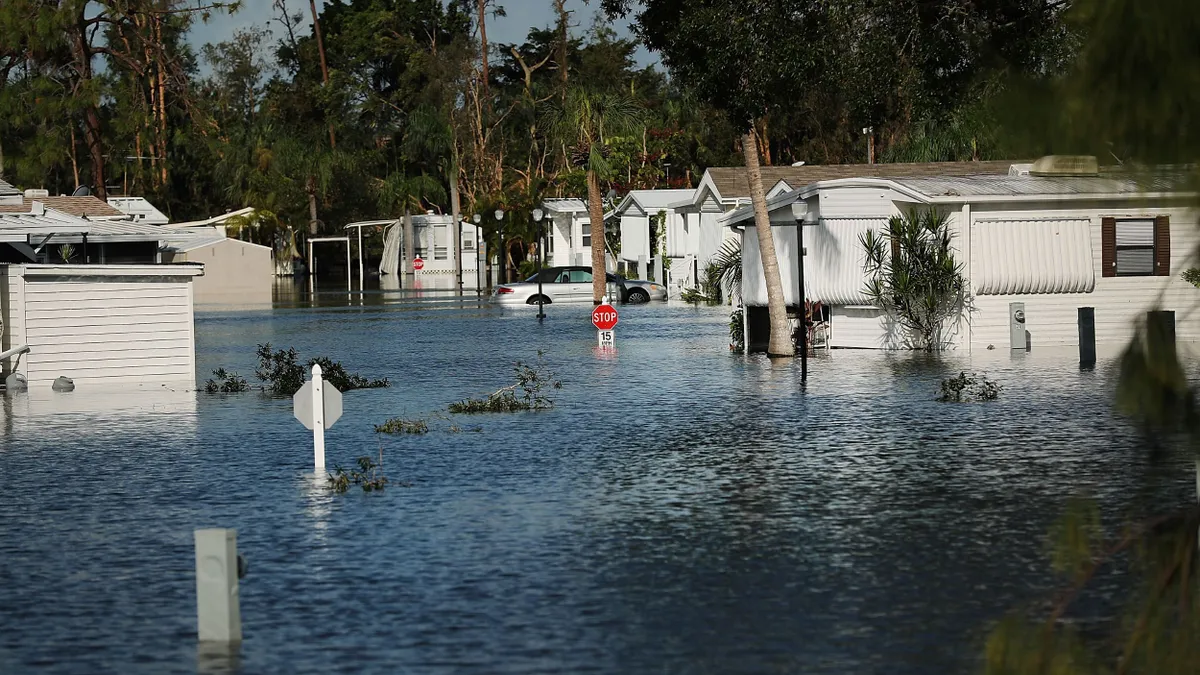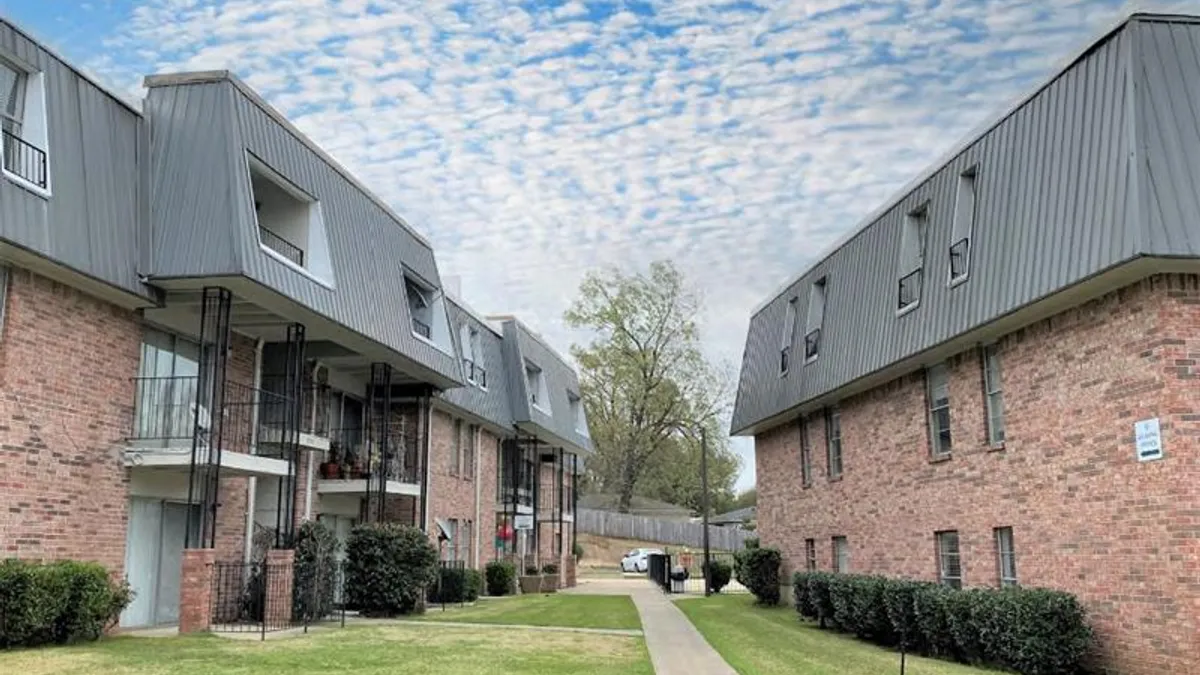Portland, Oregon’s city council passed a controversial homelessness mitigation plan last month, and leaders have spent the last few weeks securing funding while examining best practices for implementation. Supporters applaud the council for taking concrete, sweeping action to address the city’s deepening homelessness crisis. But critics decry certain proposals they deem ineffective, along with suspected political motivations.
As its population grew over the past decade, Portland has struggled to manage its homelessness surge. This year, Multnomah County’s point-in-time homeless count showed more than 5,200 people experiencing homelessness, a 30% increase from the 2019 count. More than 3,000 of those people are unsheltered. The Multnomah County Joint Office of Homeless Services also cites a recent survey indicating rents in Portland soared by about 40% year-over-year since March 2021; higher rents can increase the number of individuals experiencing homelessness by making it tougher for people to pay their bills and causing them to lose their housing.
Like other U.S. cities, Portland followed the Centers for Disease Control and Prevention’s early pandemic guidance to let unsheltered individuals remain in place. But this year, it is among those changing course as public discontent grows over encampments’ negative effects both for the unhoused and the larger community.
The city estimates it has nearly 800 unsanctioned encampments and nearly they’re in nearly every neighborhood. Some residents and business owners blame encampments for localized increases in crime, trash, human feces, open drug use and blocked sidewalks, which affect community members’ safety, health, well-being and economic stability. Some criticize what they call years of inaction from the city that has resulted in the homelessness crisis reaching this level. Mayor Ted Wheeler’s Office told Smart Cities Dive in an email that addressing homelessness has been his priority since taking office in 2016.
This year, as calls for action have intensified, the city is upping its response. In August, Wheeler banned encampments within 150 feet of schools to prevent children from being exposed to the negative conditions or needing to walk in the street to get around encampments that block sidewalks. In September, a group of residents with disabilities sued the city in a class action lawsuit for failing to keep public sidewalks accessible; both parties agreed to mediation and settlement meetings that will occur through January.
Proposing a sweeping plan
Wheeler introduced the wide-reaching homelessness mitigation plan on Oct. 21. The five resolutions call for:
- Fast-tracking the construction of 20,000 affordable housing units by 2033.
- Providing more work opportunities for unhoused individuals.
- Banning unsanctioned encampments and establishing six city-sanctioned camping sites over 18 months.
- Creating a diversion program allowing people experiencing homelessness cited for low-level offenses to avoid the criminal legal system in exchange for undergoing mental health or substance use treatment.
- Setting budget priorities for homelessness mitigation programs while requesting funding assistance from county, state and federal partners.
“There is no issue that’s more critical to Portlanders than addressing homelessness and the critical affordable housing gap in our community,” Wheeler said at an Oct. 26 city council meeting. “I’m confident these proposals will save lives and livelihoods for Portlanders — housed and unhoused ... Our goal should be to connect people with whatever services they need to get off, and stay off, the streets.”
Wheeler said that city staff and outreach workers who directly interact with homeless people helped shape the resolutions. He noted that many unhoused people refuse outreach workers’ offers of indoor shelter and prefer to live outside in a tent, even though the indoor shelter system often had excess capacity. In addition, waiting lists are five to 10 years for subsidized affordable housing.
“We need to change our approach,” Wheeler said. “This is what our resolutions set out to do.”
The council delayed its vote by one week to allow testimony from the more than 200 people who signed up to speak at the Oct. 26 meeting. Among those who spoke in favor of the plan are business owners and a plaintiff in the ADA lawsuit.
Representatives from several organizations, including the Oregon Restaurant and Lodging Association, Oregon Business & Industry and Travel Portland, also supported the plan and commented on the negative impacts unsanctioned camping has had on the unsheltered, businesses, their employees and the city's overall economic outlook.
“These resolutions finally lay out a plan that rises to the scale of our homelessness crisis,” Andrew Hoan, president and CEO of the Portland Business Alliance, said at the meeting, asserting that small and large homeless shelters work. The Portland Business Alliance also commissioned a survey that showed only 9% of respondents approved of how Portland and Multnomah County had responded to the homelessness crisis, while 79% supported the new five-point plan.
The city council voted unanimously at its Nov. 3 meeting to pass four of the proposals, with Commissioner Jo Ann Hardesty providing the lone opposition vote to the camping ban and sanctioned encampment resolution.
“This resolution will make a lot of people in the city feel good, and they’ll think a solution is right around the corner,” Hardesty said at the meeting. “But the solution as outlined here isn’t real. And I can’t forget, I won’t forget, those who do not have the resources to sway politicians, let alone feed and house themselves.”
Wheeler said the resolutions “start the process” to define and develop proposals, but certain pieces will return to the city council for further approval as they get hashed out. For example, all the city council members agreed with creating more affordable housing, but exactly how to do it needs work.
Opposition to the plan
The most contentious resolution in the plan, and the one that garnered the most public testimony, is the public camping ban and establishment of sanctioned campsites. Opponents and advocacy groups say public camping bans have repeatedly proven ineffective in getting to the root cause of and ending homelessness.
“Unsheltered homelessness is a crisis that demands ambitious, strategic, long-term solutions,” said Ann Oliva, CEO at the National Alliance to End Homelessness. “Encampment sweeps meet none of these criteria.”
She said the increasing visibility of homeless encampments confronts local leaders with three difficult realities: not enough affordable housing exists for the lowest-income residents, many communities lack sufficient shelter space and treatment services and homeless services are not sufficiently funded or staffed to help all those in need.
“None of these problems have fast or easy solutions. They are broad, systemic failures that have been decades in the making,” Oliva said. “When leaders respond with encampment sweeps, they choose to ignore those problems and to focus instead on quick fixes. This may provide short-term political cover, but it does nothing to alleviate the core issues that most harm our communities and the people who live in them.”
The American Civil Liberties Union of Oregon suggests that a camping ban would be ineffective and, potentially, unconstitutional. In 2018, the 9th U.S. Circuit Court of Appeals ruled that homeless people cannot be prosecuted for sleeping in public areas if no shelter space is available. Wheeler’s office told Smart Cities Dive that the mayor would not have introduced the five-resolution plan if he thought it was unconstitutional.
Advocacy groups also question the conditions and homeless individuals’ safety at the proposed city-sanctioned camping sites, despite pledges of food, security, sanitation facilities, and mental and physical health services. Initially, the six locations will each house up to 150 people, with the potential to eventually serve up to 250 people.
“Trying to work together with the community to provide resources for some of our most vulnerable neighbors is a great community goal,” said Kelly Simon, legal director at ACLU-OR. “However, there has to be freedom in that effort. And when you force people to live in certain areas, you're taking the freedom out of people's lived experience.”
Political motivations questioned
Some opponents question whether the city council rushed the plan through during an election season in which homelessness and housing issues became one of the most important platforms.
Consequently, on behalf of the local homeless advocacy group Street Roots, ACLU-OR requested that the city delay voting on the resolutions until after the election when more input could be gathered.
“The timing is definitely suspect when the only thing that feels urgent at the time of the [city council] vote is that the election is happening in a few days,” Simon said. “Why the urgency? What's the deadline that's driving the need for a vote on a big plan without money to fund it?”
Homelessness became a hot-button campaign issue in Portland and throughout Oregon, especially for Republicans promising change from long-standing Democratic leadership. Pre-election polling showed Oregon gubernatorial candidates in a dead heat since the summer, fueling Republican hopes that they could gain the seat for the first time in nearly four decades. Democratic candidate Tina Kotek eventually won the governor's race by more than three points.
Some members of the public say the introduction and passage of Wheeler’s plan were politically calculated. His office said that “for folks to assume that this plan is politically motivated is a misguided assumption.” Wheeler will be up for reelection in 2024, while Hardesty lost her city council reelection bid in November.
Resident discontent with homelessness is also credited as a major factor that led Portland voters to approve a ballot measure to overhaul the city government and eliminate the current five-person city council model, under which the mayor is a member. Within two years, the city council will expand to 12 members, and the mayor will not hold a council seat.
Putting the plan into action
Oregon’s governor-elect vowed to issue an executive order on her first day in office to accelerate housing production across the state. She also paid a surprise visit to Portland’s city council meeting the week after the election and agreed to meet with the mayor every two weeks.
Portland is still working on its homelessness mitigation resolutions. Wheeler met with neighborhood associations to discuss what the six sanctioned camps should look like. And last week, the city council approved an initial $27 million to fund the homelessness mitigation plan, including more than $4 million to build the first three sanctioned campsites and over $3 million to create a 50-person outreach team.
Community members continue to debate whether encampment sweeps should occur. ACLU-OR and other groups say they’ll continue to push back on the sweeps and establishing sanctioned campsites.
“It is incumbent upon us in Oregon to come together to center the humanity of each other and not let politics divide us and not let the fear narrative divide us,” Simon said. “It's time that we invest in and prioritize solutions that we know work.”



